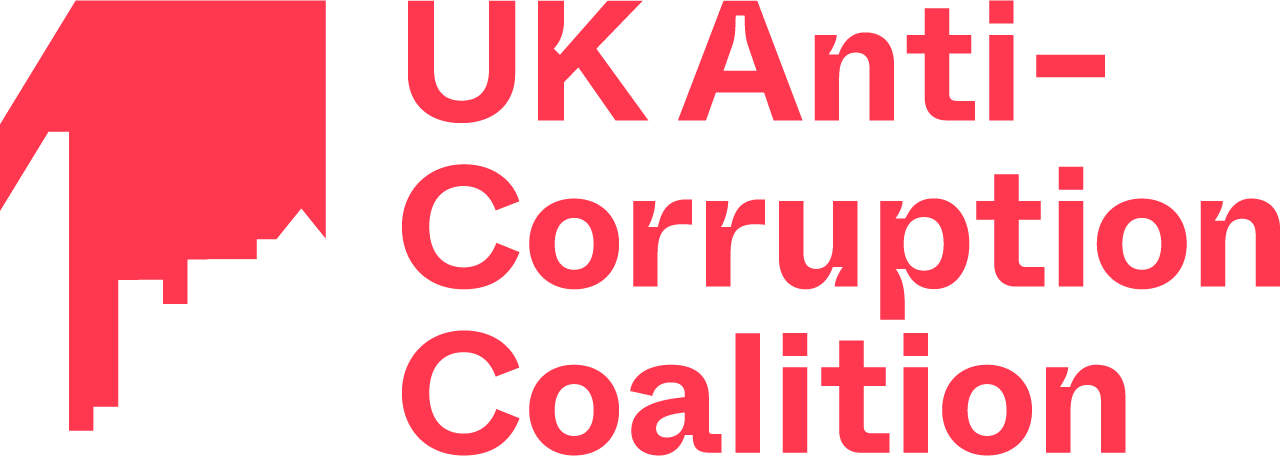Driving transparency, accountability, and sustainability in the extractives sector
As the host of the COP26 Climate Conference in November 2021, the UK will be expected to show global leadership on tackling climate change. Addressing corruption, financial mismanagement, and the social, human rights and environmental risks posed by the extractives sector will be a crucial part of this task, particularly given the growing demand for certain minerals as part of the clean energy transition.
As a first step, the UK Government should set out in detail how it will meet its net zero 2050 emissions and Paris Agreement 1.5°C commitments, including through supply-side climate risk disclosures. Leading by example, the UK Government should also influence countries with major state-owned oil companies that plan to spend over US $400 billion on new projects incompatible with the Paris Agreement goals.
The UK Government has previously shown leadership in championing accountable natural resource governance worldwide, including mandatory payments-to-governments reporting by extractive companies and the voluntary-for-governments Extractive Industries Transparency Initiative (EITI). Continuing UK leadership is needed to strengthen and extend both mandatory reporting and the EITI to major new jurisdictions and markets, and to address gaps in existing transparency regimes by delivering its commitment to ‘establish and implement a global common standard’ on commodities trading.
The UK Government should:
Require British oil, gas and mining companies to disclose payments to governments for the purchase of producer states’ publicly owned oil, gas and minerals (“commodity trading”) and champion this reform internationally.
Strengthen the UK’s monitoring and enforcement of extractive companies’ compliance with mandatory reporting requirements under the Reports on Payments to Governments Regulations 2014.
Redouble efforts to encourage international partner countries to introduce mandatory extractives transparency (reporting) laws and to join the Extractive Industries Transparency Initiative (EITI).
Support improved producer-country governance standards, including in supply chains, to reduce corruption, social and environmental risks arising from the surge in demand for clean energy transition minerals worldwide.
In addressing the global climate crisis, prioritise anti-corruption and accountable resource governance as part of UK and global efforts to achieve a managed reduction in fossil fuel production.
